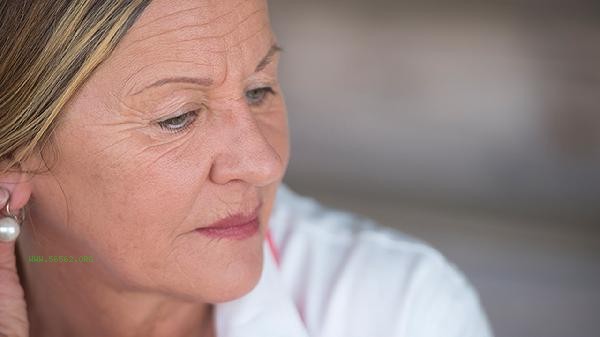Menopausal pain can be treated with medication such as Guweisu tablets, Kunbao pills, Gengnian An tablets, Mecobalamin tablets, Ibuprofen sustained-release capsules, etc. as directed by the doctor. Menopausal body pain may be related to factors such as decreased estrogen levels, osteoporosis, neurological disorders, joint degeneration, muscle strain, etc. It is recommended to seek medical attention to clarify the cause and use targeted medication.

1. Medication
1. Guweisu Tablets
Guweisu tablets help regulate autonomic nervous system dysfunction and alleviate symptoms such as systemic soreness and insomnia caused by endocrine disorders during menopause. The drug mainly acts on the autonomic nervous system of the diencephalon and is suitable for patients with anxiety and hot flashes. Long term use requires monitoring of liver function.
2. Kunbao Pill
Kunbao Pill is a traditional Chinese patent medicines and simple preparations containing privet fruit, Eclipta, etc., which can improve joint pain, dizziness and tinnitus caused by liver and kidney yin deficiency during menopause. For people who have contraindications to hormone replacement therapy, it can be used as an auxiliary option, and spicy and stimulating foods should be avoided during use.
3. Gengnian An Tablets
Gengnian An Tablets alleviate bone and joint pain symptoms of menopausal syndrome by nourishing yin and clearing heat, and are suitable for people with hot flashes, night sweats, and body aches. The medicine contains ingredients such as Rehmannia glutinosa and Schisandra chinensis. Patients with spleen and stomach deficiency and cold should use it with caution.

4. Mecobalamin Tablets
Mecobalamin tablets, as a nutritional nerve medication, can repair limb numbness and pain caused by common peripheral neuropathy during menopause. This drug is the active form of vitamin B12, which is especially suitable for patients with diabetes peripheral neuropathy.
5. Ibuprofen sustained-release capsules
Ibuprofen sustained-release capsules can provide short-term relief for menopausal osteoarthritis or muscle pain by inhibiting prostaglandin synthesis and reducing inflammatory reactions. Individuals with gastrointestinal sensitivity should avoid taking it on an empty stomach and use it continuously for no more than 5 days.

In addition to standardized medication, menopausal women are recommended to supplement calcium supplements and vitamin D daily, and choose low impact exercises such as swimming and yoga to enhance bone strength. Eat more soy products, deep-sea fish and other foods rich in phytoestrogens and omega-3 fatty acids, and avoid excessive caffeine and alcohol. Regular bone density testing is necessary to rule out rheumatic and immune diseases if pain continues to worsen or accompanied by fever.




Comments (0)
Leave a Comment
No comments yet
Be the first to share your thoughts!